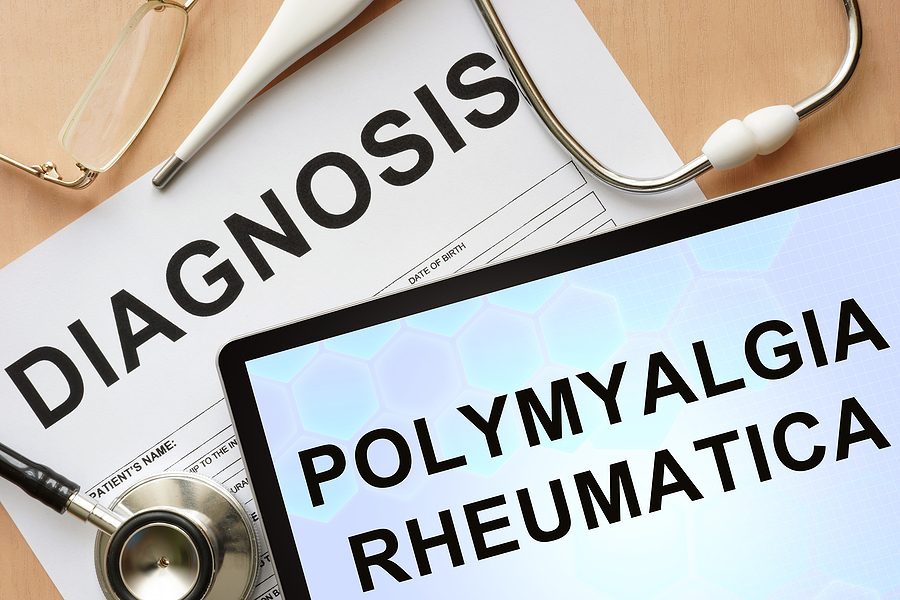If you or someone you know has been diagnosed with polymyalgia rheumatica (PMR), you probably have many questions. One of those is likely wondering what caused this health condition.
However, there is no one answer because researchers are unsure of its exact cause. We can tell you the factors that may trigger PMR and what you can do to manage it.
What is Polymyalgia Rheumatica?
PMR is believed to be an autoimmune disorder that causes muscle pain and stiffness in the neck, shoulders, and hips. Symptoms are usually worse in the morning and occur on both sides of the body. It can be severe enough to limit your daily activities. PMR is typically found in women over 50. Other symptoms may include:
- Extreme fatigue
- Loss of appetite
- Fever
- Weight loss
Polymyalgia Rheumatica’s Possible Causes
There are several theories as to what may cause PMR, but scientists believe the following could be contributing factors:
Genetics
Some individuals, particularly those with a family history of autoimmune disorders, may be genetically predisposed to PMR.
Environment
Exposure to specific pathogens or toxins may contribute to the development of PMR.
Infections
Viral infections, such as respiratory, might trigger PMR in susceptible individuals. The body’s autoimmune system could trigger an abnormal response. In the case of PMR, the immune system attacks the connective tissue in the joints, leading to inflammation and causing the pain and stiffness associated with PMR patients.
Hormones
Some studies suggest hormonal imbalances, especially the changes in hormone levels associated with aging, may be a factor in the development of PMR.
Stress
Stress may not directly cause PMR, but it could exacerbate its symptoms. Stress impacts the immune system, which may trigger inflammation.
Treatment for Polymyalgia Rheumatica
Unfortunately, PMR is a chronic disease, and there is no cure. However, there are ways to manage your symptoms and reduce your pain.
Corticosteroids
The primary treatment for PMR is a corticosteroid, such as prednisone. Patients begin to see an improvement within a few days of starting treatment.
Nonsteroidal Anti-Inflammatory Drugs (NSAIDs)
Some healthcare providers may recommend NSAIDs like ibuprofen to treat PMR’s symptoms. While they don’t have the side effects of corticosteroids, they may not be as effective.
Physical Therapy
Working with a physical therapist can help improve your strength, flexibility, and mobility.
Lifestyle changes
Regular exercise, a healthy diet, calcium, and vitamin D can all help alleviate symptoms and maintain bone health.
Finding a Treatment That Works
Getting relief from the pain and stiffness of PMR can be challenging, especially when you don’t know the exact cause of the disease. If you have symptoms associated with PMR, you will want to seek treatment as soon as possible. At Advanced Rheumatology of Houston, our professional staff is here to help you. We are on the cutting edge of discovering effective treatments for patients suffering from chronic autoimmune disorders.
We will work with you to tailor a treatment plan that meets your specific needs. Contact us to schedule an appointment by calling (281) 766-7886 and get started on your journey towards living a better quality of life while living with PMR.



